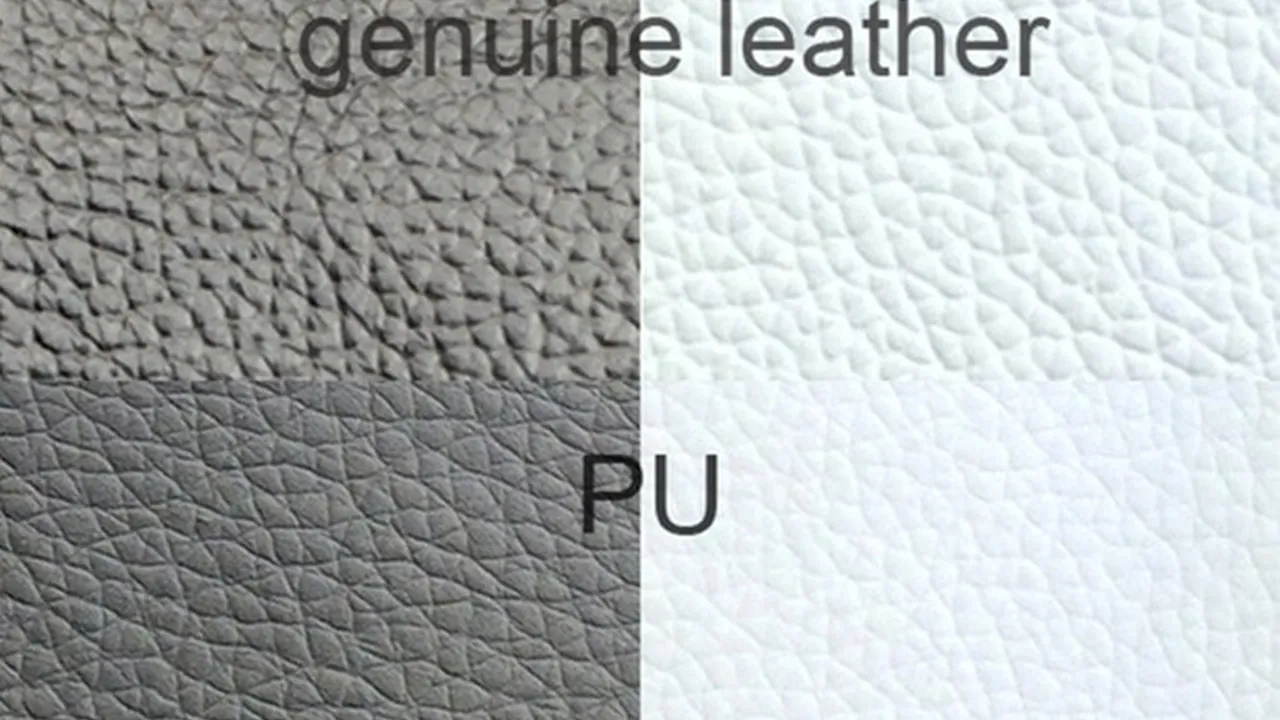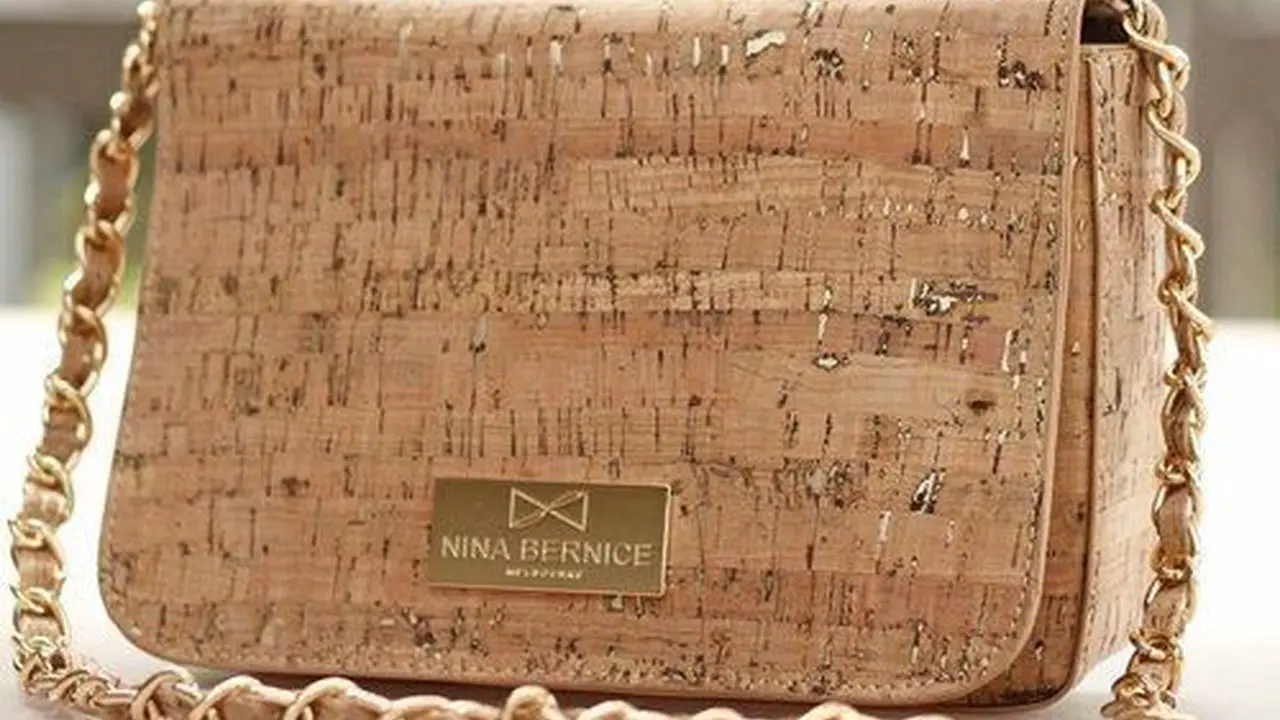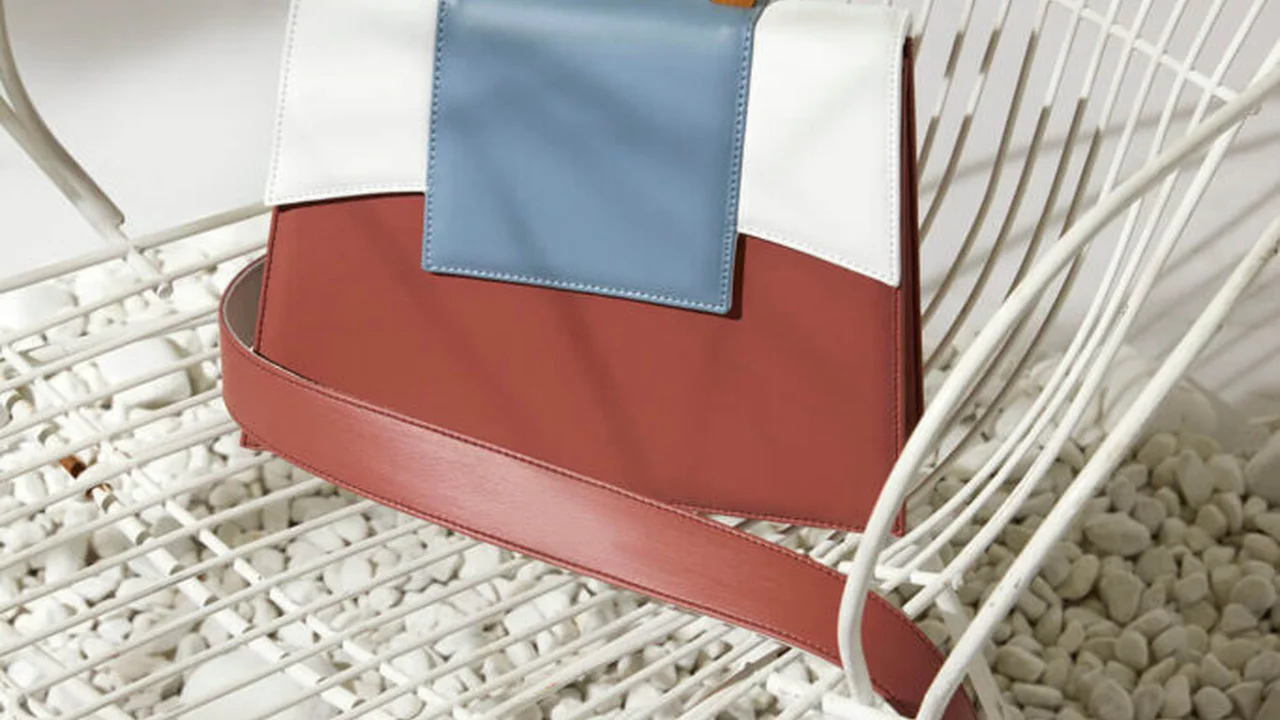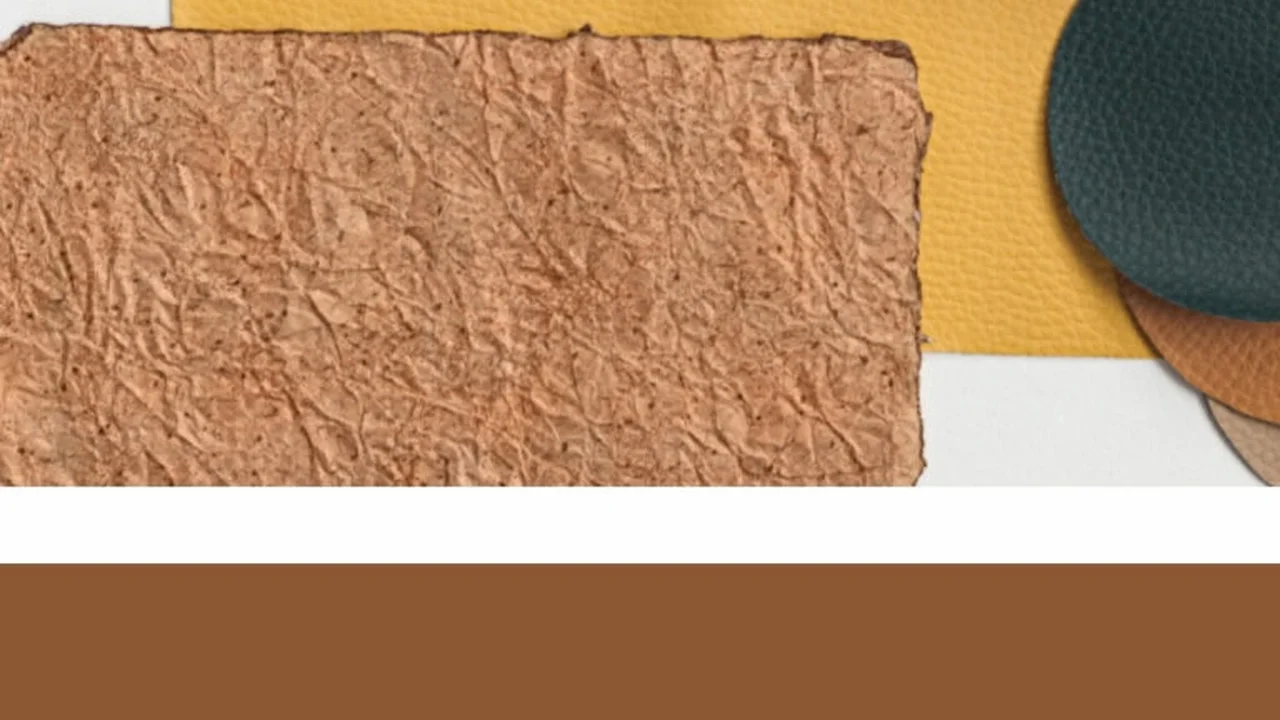Real Leather or Vegan Leather: Which is More Ethical_
Explore the ethical considerations of real leather and vegan leather production. Understand the impact on animals and the environment.
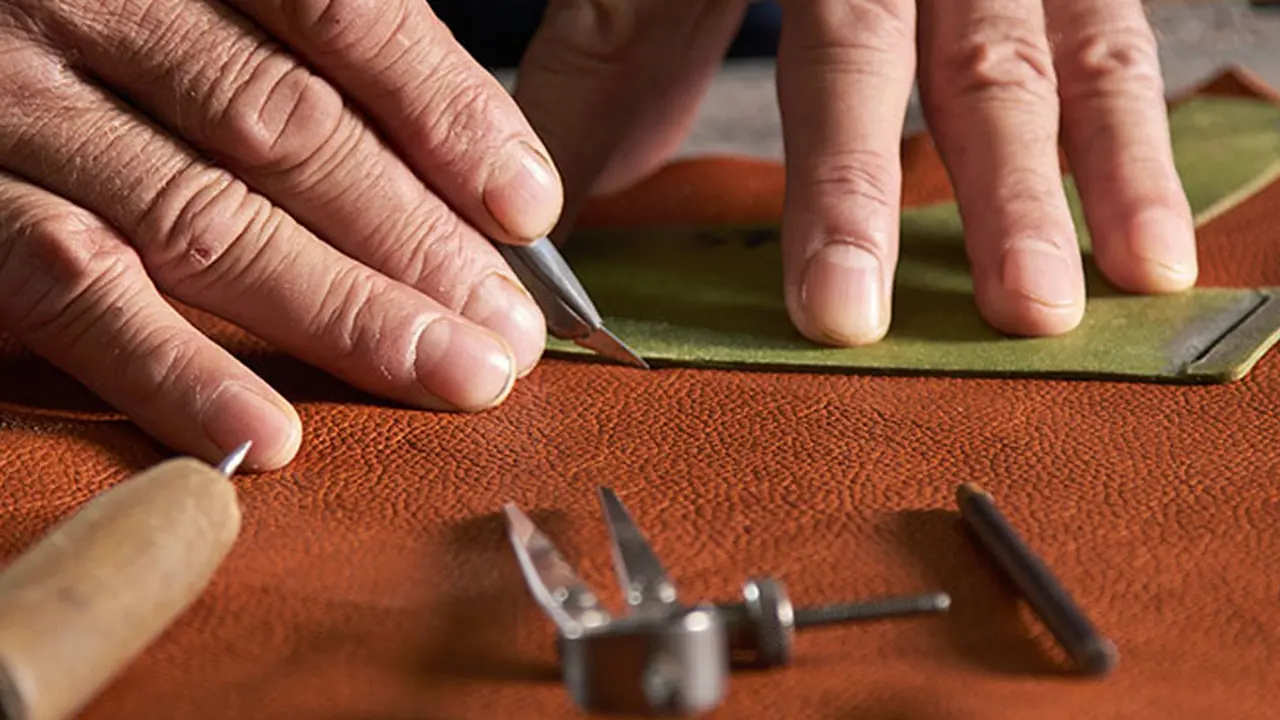
Understanding the Ethical Landscape of Handbag Materials
Let's dive right into the heart of the matter: ethics. When choosing a handbag, you're not just picking an accessory; you're making a statement about your values. Both real leather and vegan leather have their own ethical baggage, and it's crucial to understand what you're supporting with your purchase.
The Plight of Animals in the Real Leather Industry
Traditional leather comes from animals, primarily cows. The ethical concerns here are numerous. Factory farming practices often involve inhumane treatment, including cramped living conditions, painful procedures like branding and tail docking, and ultimately, slaughter. The leather industry is often intertwined with the meat industry, meaning that even if you're not eating meat, buying leather can indirectly support these practices.
Beyond the treatment of the animals themselves, the leather tanning process can be incredibly harmful to the environment. It often involves harsh chemicals like chromium, which can pollute waterways and pose health risks to tannery workers. This is a major concern, especially in developing countries where environmental regulations may be less stringent.
Vegan Leather's Promise and Pitfalls: A Closer Look at Ethical Considerations
Vegan leather, on the other hand, is often touted as the ethical alternative. It avoids the use of animal products, which is a significant step in the right direction for animal welfare. However, it's not without its own set of ethical challenges.
Many vegan leathers are made from synthetic materials like polyurethane (PU) or polyvinyl chloride (PVC). These materials are derived from fossil fuels, a non-renewable resource. The production of these plastics can contribute to greenhouse gas emissions and pollution. Furthermore, these materials are not biodegradable, meaning they can persist in landfills for centuries.
However, the vegan leather landscape is evolving. Innovative materials like Piñatex (made from pineapple leaf fibers), mushroom leather, and apple leather are gaining popularity. These materials offer a more sustainable and ethical alternative to both traditional leather and conventional vegan leather. They utilize waste products from other industries, reducing the need for new resources and minimizing environmental impact.
Product Spotlight: Ethical Vegan Leather Handbags
Let's take a look at some specific vegan leather handbags that are making waves in the ethical fashion world:
Matt & Nat Brave Backpack: Made from recycled nylon and vegan leather, this backpack is perfect for commuting or travel. It features multiple compartments, a padded laptop sleeve, and adjustable straps. Price: Around $150. Use case: Ideal for students, professionals, and travelers who need a stylish and functional backpack.
Angela Roi Cher Mini Tote: Crafted from high-quality vegan leather, this tote bag is a classic and elegant choice for everyday wear. It features a structured silhouette, a top handle, and a detachable shoulder strap. Price: Approximately $200. Use case: Suitable for work, shopping, or a night out.
Corkor Cork Crossbody Bag: Made from sustainable cork, this crossbody bag is lightweight, durable, and water-resistant. It features a minimalist design and an adjustable strap. Price: Around $80. Use case: Perfect for running errands, festivals, or any activity where you want to keep your hands free.
Comparing Ethical Vegan Leather Products
Here's a quick comparison of the ethical and practical aspects of the above mentioned products:
| Product | Material | Ethical Considerations | Price | Durability | Use Case |
|---|---|---|---|---|---|
| Matt & Nat Brave Backpack | Recycled Nylon & Vegan Leather | Recycled materials, vegan, but relies on synthetic leather | $150 | Good | Commuting, Travel |
| Angela Roi Cher Mini Tote | Vegan Leather | Vegan, but potential environmental impact from synthetic leather production | $200 | Excellent | Everyday, Work |
| Corkor Cork Crossbody Bag | Cork | Sustainable material, vegan, minimal environmental impact | $80 | Medium | Errands, Festivals |
Navigating the Greenwashing Maze: How to Spot Truly Ethical Handbags
Unfortunately, the fashion industry is rife with \"greenwashing,\" where companies mislead consumers about the sustainability of their products. Here are some tips for spotting truly ethical handbags:
Look for certifications: Certifications like GOTS (Global Organic Textile Standard) and Fair Trade can provide assurance that a product meets certain ethical and environmental standards.
Research the brand: Investigate the brand's sustainability practices, supply chain transparency, and commitment to fair labor.
Read the labels carefully: Pay attention to the materials used and where the product was made.
Consider the entire lifecycle: Think about the environmental impact of the product from production to disposal.
The Future of Ethical Handbags: Innovation and Consumer Demand
The future of ethical handbags is bright. As consumers become more aware of the ethical and environmental implications of their purchases, demand for sustainable and cruelty-free options will continue to grow. This, in turn, will drive innovation in materials and manufacturing processes.
We're already seeing exciting developments in the field of bio-based materials, such as lab-grown leather and textiles made from algae. These materials have the potential to revolutionize the fashion industry and create a truly sustainable future for handbags.
Making an Informed Choice: Balancing Ethics, Aesthetics, and Affordability
Ultimately, the decision of whether to choose real leather or vegan leather is a personal one. There's no easy answer, and it's important to weigh the ethical considerations alongside your own aesthetic preferences and budget.
By educating yourself about the issues and supporting brands that are committed to ethical and sustainable practices, you can make a positive impact on the world, one handbag at a time.
:max_bytes(150000):strip_icc()/277019-baked-pork-chops-with-cream-of-mushroom-soup-DDMFS-beauty-4x3-BG-7505-5762b731cf30447d9cbbbbbf387beafa.jpg)



